IFSCC Congress 2025
Welcome to the ECFP IFSCC Congress landing page. Below you will find information on where we are located at the event, our IFSCC Congress team and more information about ECFP and how we can work with you.
Come and see our posters
Collaborating with the University of Edinburgh in Formulation Science and Cosmetics is possible via the Edinburgh Complex Fluids Partnership. Through consultancy and collaborative projects, you can access bespoke and state-of-the-art facilities as well as world-renowned experts in the field to generate maximum knowledge output and deliver innovation. Previous projects have led to favourable economic and reputational impact for our partners; for example, our collaboration with Aqualution Systems led to launch of a new product which won a prestigious award. Scroll down to our Case Studies link to read more.
At IFSCC Congress 2025, we will present two posters relevant to the cosmetics and personal care industries:
- Using CryoFIB-SEM and Confocal Microscopy to Visualise the Microstructure of Skincare Formulations – IFSCC2025-1813
- Correlating Triborheology to the Sensory Profile of Cosmetic Formulations – IFSCC2025-1708
Also catch David Moore at the workshop on Monday 15th September in Auditorium 1 titled “Writing a publication without science fiction”. David’s talk is entitled “The Importance of Publishing for Industry Scientists”.
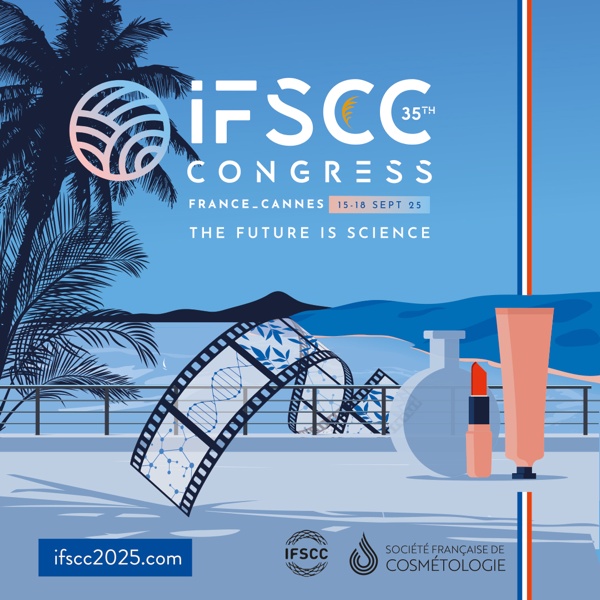
Meet the ECFP team at IFSCC Congress 2025

David Moore
Chair of Formulation Science
Professor David Moore has been involved in biophysical studies of skin, biological membranes, and topical formulation development for 25 years. From 2013 to 2020 David lead skin health R&D activities at GlaxoSmithKline in North Carolina, New Jersey, and London. Prior to this, David led industrial R&D groups focused on skin membrane biophysics, FTIR spectroscopy and spectroscopic imaging, measurement science, and topical formulation development at Unilever, International Specialty Products (now Ashland), and TRI-Princeton.
David is Chair of Formulation Science in the School of Physics and Astronomy at the University of Edinburgh where he works closely with the Edinburgh Complex Fluids Partnership.
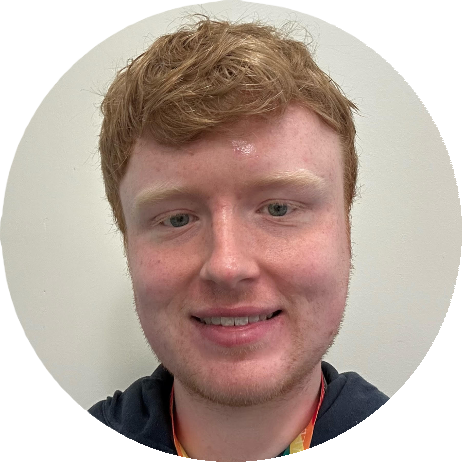
David Crosby
Postdoctoral Research Associate for Industry Collaboration
David received his PhD in Physics from the University of Edinburgh, his thesis was about understanding the rheological and surface active behaviour of a commercial microgel. This project was done in collaboration with GSK as part of the SOFI (Soft Matter and Functional Interfaces) CDT. The work focussed on understanding how a commercial microgel, used by GSK, acted to both thicken and stabilise skin creams.
After his PhD, David worked at Curia Glasgow, formulating new pharmaceutical products for external clients. His next role was a Colloid and Interface Scientist at Unilever, where he tested novel new sustainably sourced materials (polymers and surfactants) for use in laundry products.
You can find out more about the ECFP team and academics on our People page.
Download our digital posters
Here, you can download our ECFP flyer as well as the 2 posters we are presenting at IFSCC Congress 2025.
Related information and links
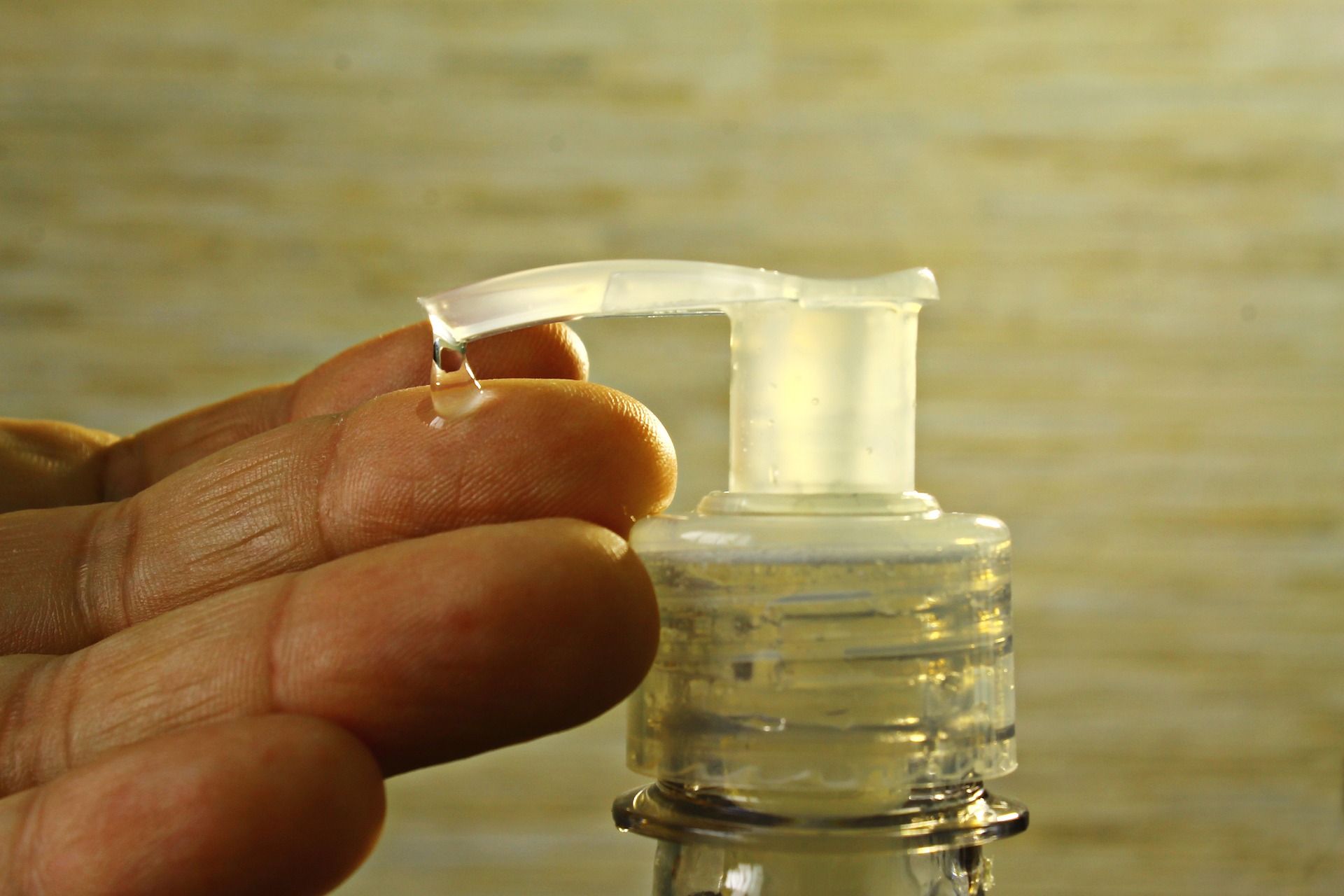
Case Studies
Find out more about the work we do through our case studies. ECFP has worked with more than 70 companies since our inception in 2012, across a wide range of industrial sectors. Our case studies give some insight into how we work with companies, the role we played, and the outcome for our partners. Click on the image to read our "developing a novel formulation for gel hand sanitisers using hypochlorous acid" case study in collaboration with Aqualution Systems.
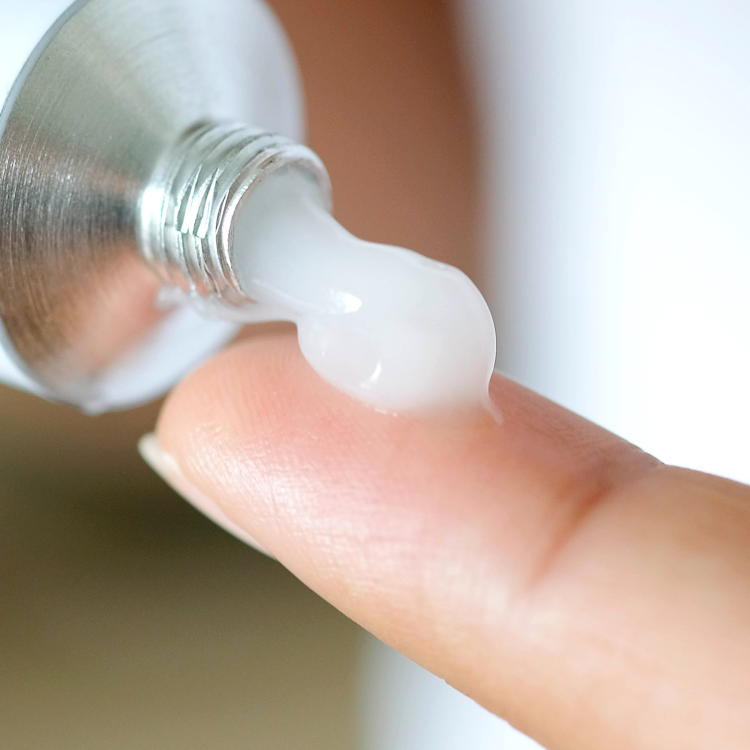
DAINTech
University of Edinburgh researchers have developed DAINTech, a new gel-phase formulation chassis technology. The DAINTech technology provides a route to stable formulations with appealing sensory aspects using established and cost-effective industrial materials, and without the use of polymer or microplastic elements. It also offers an alternative potential solution to formulate otherwise challenging ingredients. The platform technology is expected to be broadly applicable to a wide range of industry applications and gives commercial partners the opportunity to implement innovative, environmentally sustainable and commercially valuable formulation products as part of their product development process.
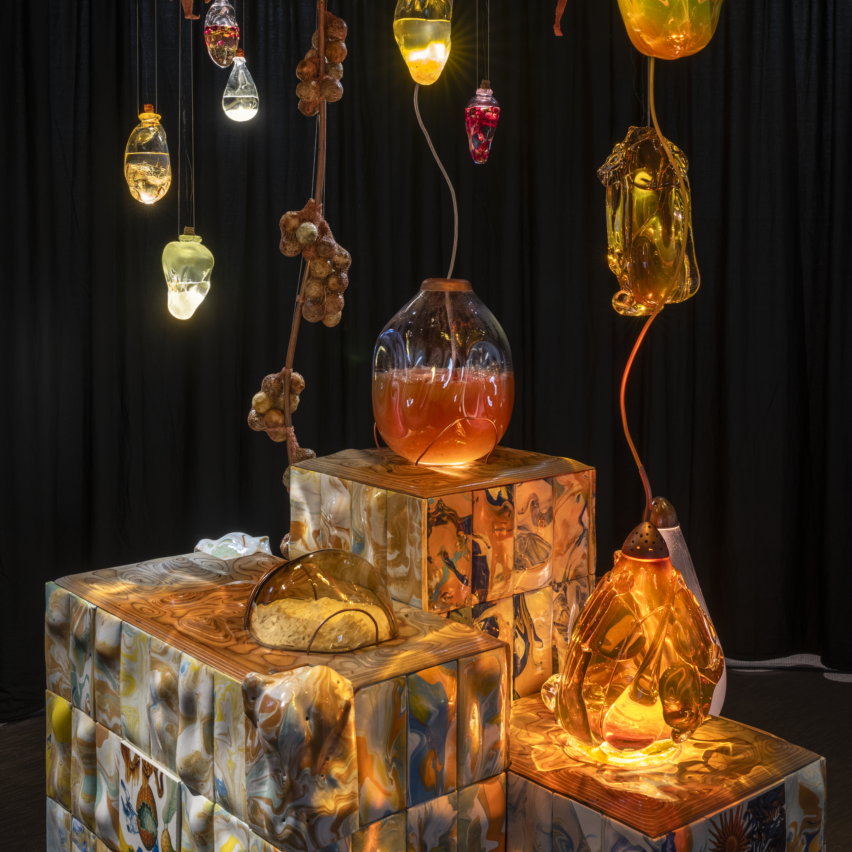
Where soft matter physics meets Renaissance beauty regimes
University of Edinburgh researchers have been collaboratively studying the history and science of Renaissance cosmetics. Both in Renaissance times and in the present day, the flow properties of such skin and hair care products is key to their formulation. As a result of their collaboration, they have developed The Beauty Sensorium – a multi-sensory commission where visitors can enter the world of Renaissance cosmetics. The exhibition shows how Renaissance cosmetic makers wrestled with many of the same technical challenges as modern soft matter scientists and industrial formulators.
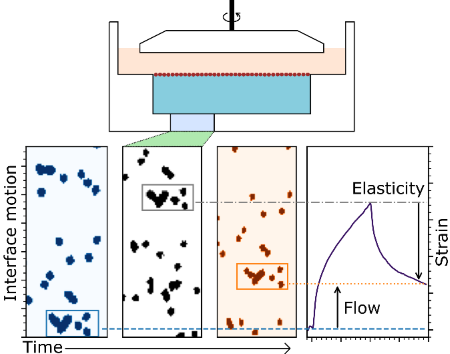
New technique development - Contactless Interfacial Rheology
University of Edinburgh researchers have developed a novel interfacial rheology technique to test how interfaces flow without direct mechanical contact. This matches how interfaces in consumer products are indirectly affected by the flow of liquid as, e.g., as skin cream is applied. Further, this method enables us to visualise what is happening at these interfaces as the sample is sheared, unveiling any microstructural changes, for example.
How can we help you?
Please get in contact with us to find out more about ECFP and whether we can help you.